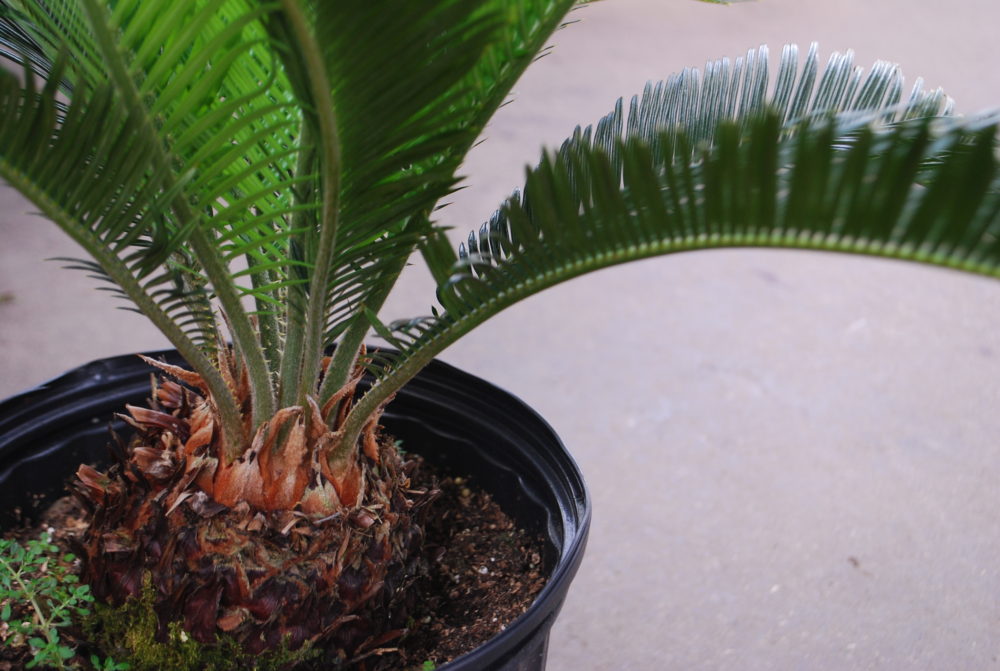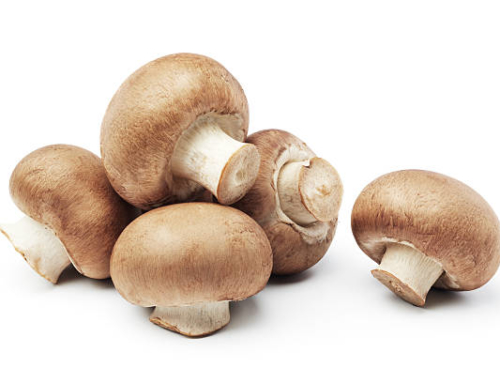Project Description
If you have any reason to suspect your pet has ingested something toxic, please contact your veterinarian or one of the other resources listed:
• ASPCA Animal Poison Control Center 24-hour hotline at (888) 426-4435
• Pet Poison Helpline® 24-hour animal poison control service at (855) 764-7661
Sago Palm

Common Names: sago palm, king sago, sago cycad, Japanese sago palm
Scientific Name: Cycas revoluta
Due to the geographic location of the sago palm, incidences of pet toxicity most often occur in the southern United States and Hawaii. It is recommended that sago palms not be used as indoor potted plants in homes with pets.
All parts of the plant are considered toxic but the seeds are particularly dangerous due to a higher amount of cycasin (the principle toxin). Dogs are the only species noted to be affected by this toxicity.
Signs and symptoms of toxicity: Vomiting and diarrhea are often seen within the first 15 minutes of ingestion. Other signs of toxicity include extreme fatigue, refusal to eat, abdominal pain, swelling (particularly in the stomach), difficulty walking and seizures.
Toxic consumption: The minimum threshold for toxicity is not known and suspected consumption should be reported immediately.
References:
– Osweiler, G, et al. (2011). Blackwell’s five-minute veterinary consult clinical companion. Small Animal Toxicology. [Kindle version]. Retrieved from Amazon.com
– Youssef H. Cycad toxicity in dogs. Vet Med 2008; 103(5):242-244.
Pet Poison Control is provided free as a public service by the American College of Veterinary Pharmacists. Today we’re asking you to support us with a small donation. If you would like to dedicate your gift in honor or memory of a pet or individual, you will have that option before checkout. Your gift of any amount helps us maintain this resource and make it available to the pharmacy and veterinary communities. Thank you!





